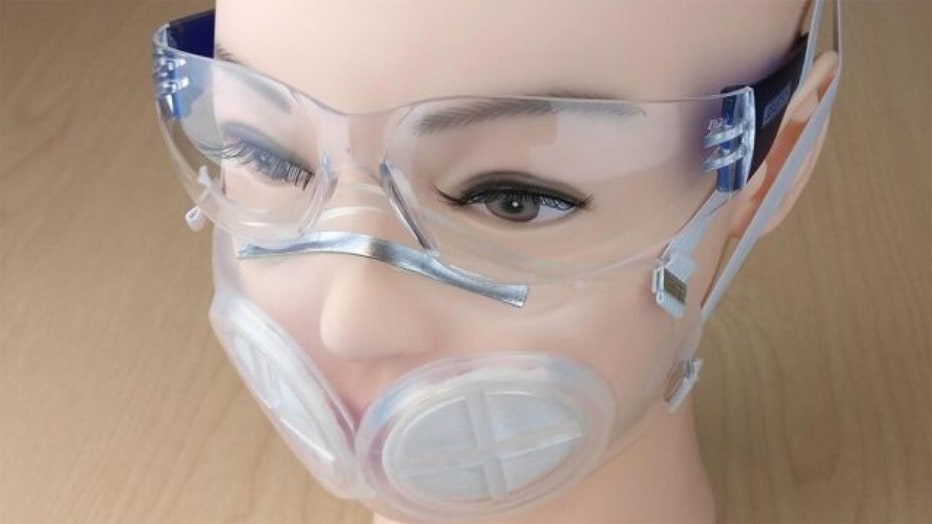MIT created a cheap, reusable version of an N95 mask
Researchers have created an affordable, reusable version of an N95 mask that could help healthcare professionals as fears reemerge of a shortage in personal protective equipment during the coronavirus pandemic.
Download the FOX 5 DC News App for Local Breaking News and Weather
The group of experts, from Massachusetts Institute of Technology and Brigham and Women’s Hospital in Boston, Mass., created a prototype of the mask and found that it worked as well in a laboratory setting at filtering out viral particles as conventional N95 masks.
CORONAVIRUS IN DC, MARYLAND AND VIRGINIA
“One of the key things we recognized early on was that in order to help meet the demand, we needed to really restrict ourselves to methods that could scale,” said Giovanni Traverso, an MIT assistant professor of mechanical engineering and a gastroenterologist at Brigham and Women’s Hospital, in a statement. “We also wanted to maximize the reusability of the system, and we wanted systems that could be sterilized in many different ways.”
The mask, known as Injection Molded Autoclavable, Scalable, Conformable or iMASC, is made from silicone and has space for one or two N95 filters, but uses less N95 material than a traditional mask. The N95 material can be swapped out easily for more N95 material and the mask sterilized for reuse.

This image shows the mask on a mannequin head. (Credit: Researchers, MIT)
They can be sterilized in a few different ways--either via a steam sterilizer, putting the masks in an oven, or soaked in a mixture of bleach and rubbing alcohol, the statement added.
A group of about 20 healthcare workers tested out the masks and found they were comfortable and fit well.
The researchers are working on a second version of the mask, using the feedback from the healthcare workers as the pandemic continues.
“We know that Covid is really not going away until a vaccine is prevalent,” added one of the study's authors, James Byrne. “I think there’s always going to be a need for masks, whether it be in the health care setting or in the general public.”
CORONAVIRUS RESOURCES: Everything You Need to Know
As of Wednesday afternoon, more than 14.9 million coronavirus cases have been diagnosed worldwide, more than 3.9 million of which are in the U.S., the most impacted country on the planet.

